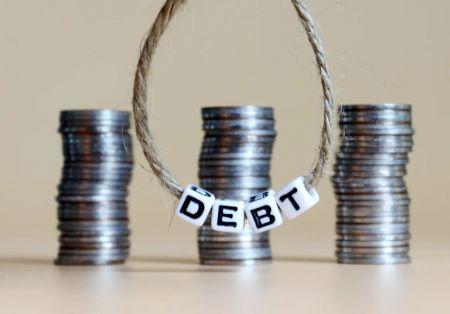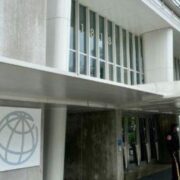
(Ecofin Agency) – Kenya is trying to restructure its external debt while borrowing from multilateral institutions, amid a recovery of its covid-19 affected economy. According to the IMF, public debt is expected to rise to 73.1% of GDP in 2023 while external debt is expected to fall to 37.2%.
Kenya’s external debt is expected to decline over the next few years. This is an estimate of the International Monetary Fund (IMF). According to the institution, Kenya’s external debt, which had climbed to 35.6% of GDP in 2020, is expected to peak at 38.5% of GDP by the end of this year, before starting a gradual downward curve. It is projected at 38.4% of GDP in 2022, then at 37.2% in 2023.
This downward forecast is in line with the Kenyan authorities’ plan to reduce the share of foreign investors in the government’s public debt. To do this, they announced a plan to increase the share of concessional loans, while reducing bond issues, which have greatly contributed to the rise in the country’s debt in recent years.
“The government is moving towards reconfiguring its portfolio of external debts, which obviously will have consequences on financing of these debts,” Patrick Njoroge, governor of the country’s central bank, said in February.
However, this expected decline in the share of external borrowing in GDP should contrast with an increase in public debt in general. Estimated at 65.8% of GDP in 2020, the IMF expects it to rise to 70.6% by the end of this year, before accelerating to 73% and then 73.1% of GDP in 2022 and 2023 respectively.
These statistics come in a difficult economic context, marked by the covid-19 pandemic, which forced Kenya to borrow new funds to revive its economy while trying to negotiate with its creditors for a restructuring of its external debt. As a result, in January 2021, the country of Uhuru Kenyatta was able to obtain moratoriums on the repayment of nearly $600 million in debt owed to several of its external creditors.
To carry out the reforms needed to revive growth and stabilize the economy, the country has benefited since April from an Extended Fund Facility (EFF) and an Extended Credit Facility (ECF), backed by $2.34 billion in financing from the IMF. To this end, about $407 million should be immediately disbursed by the Fund, following the green light given yesterday June 23 by the Executive Board.
For 2021, 2022 and 2023, the IMF expects economic growth of 6.3%, 6.4%, and 6.1% respectively.
Moutiou Adjibi Nourou











Comments